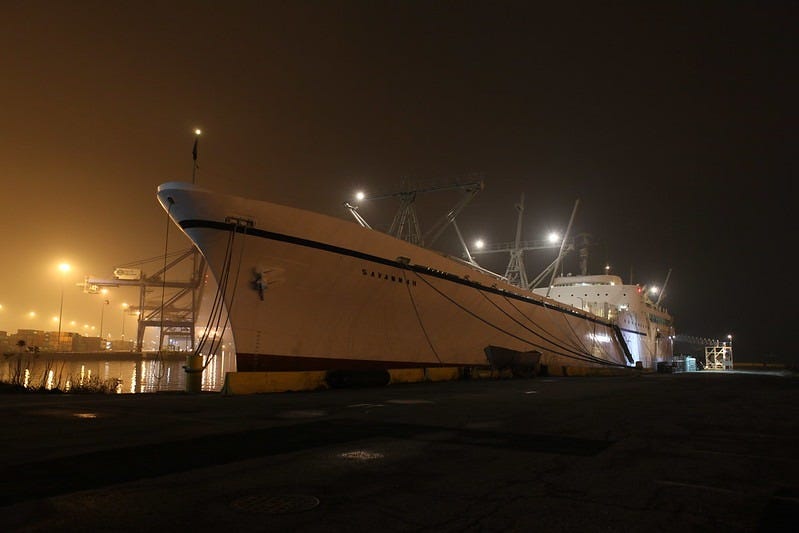A Murder at Sea

A Navy cadet with the face of a hammer and a name that sounded like a question found me over at JP’s on S Bouldin St watching Lamar and Derrick Henry play against that team that — for reasons that still eluded me — reminded me of those who had stormed the Capitol. The music was loud — mostly stuff from a Malian musician named Idrissa Soumaoro — and I had to ask the hammer to repeat himself. Barely suppressing a roll of his eyes, he leaned over and shouted in my ear.
“A submarine captain — my captain — was shot by a gun that was fired on another submarine.”
“Well,” I said, draining my beer and flagging Sandy down so I could pay the tab. “You probably shouldn’t have left the windows open, then, should you?”
My name was Rocco Jones, and I lived for impossible murders, these Rubik Cubes of incredulity. Anyone could live the boring life — they did, and do, every day — but that wasn’t the life for me. (Yo ho ho.) My daughter was looking at TikTok one day and called what I had ‘Zoochosis.’ Which, what a word. I don’t know if that was the word for me, I don’t know if that’s what I feel like I have, but I’m glad there was a rough draft of something out there for what I believed I felt. People who lived those boring lives listened to scanners, asked for body cam footage, and asked for paperwork from us all the time because this was the thing they were looking for, longing for — mystery. And say what you will about my life and the hangdog stench I seemed to carry with me wherever I went, but at least the mystery was mine.
I followed the cadet’s car out to Locust Point. I watched the city from the bridges I drove across while listening to a band called The Land of Internal Emigres on WRNR. I switched stations. Someone was brightly chirping about how maybe all the television networks could get together and agree to ‘Wag the Dog’ him. After all, they said, we might be heading back to a world where people try and negotiate with him by appearing on television anyway, so what’s the harm in —
I switched stations again.
When I got to Locust Point, I met with an incident commander named Shea Shelby, who looked like someone who was genetically grown in a fraternity at a college out in the suburbs. He looked like someone who ate a bowl of teeth whiteners for breakfast, and who would slap a hand on the shoulder of his friends and say, “This guy” as he told all and sundry that the guy in question was — and you’re not going to believe this — “totally crazy.”
“You have quite the storied history, Detective Jones,” Shelby said as I lit a cigarette that briefly illuminated my face as we walked through the assembled apparatus of a crime scene investigation in the direction of two submarines parked alongside the other.
I ignored the comment and pushed on. “What have we got?”
The SS Thrasher and the SS Seawolf had been doing training exercises some fifty miles offshore when the incident took place. One Captain Morega was giving directions on the bridge when there was the sound of a crack, a splatter of blood and bone, and he fell. Fifty miles away, Chef Jeremy Pliers had fired a gun in the galley, scaring the cooking staff, and then — as security rushed the galley — took his own life. Those were the facts.
“Tell me, Commander,” I said, lighting up a second cigarette solely because I was trying to make myself laugh. “Did this … ‘Pliers’ happen to have two cans and a fifty-mile long piece of string?”
Shelby gave a chuckle. “Classic Rocco Jones.”
I didn’t like the man. I’d already decided that much.
“It’s okay,” I said, waving my hand. “Felt like I had to ask.”



